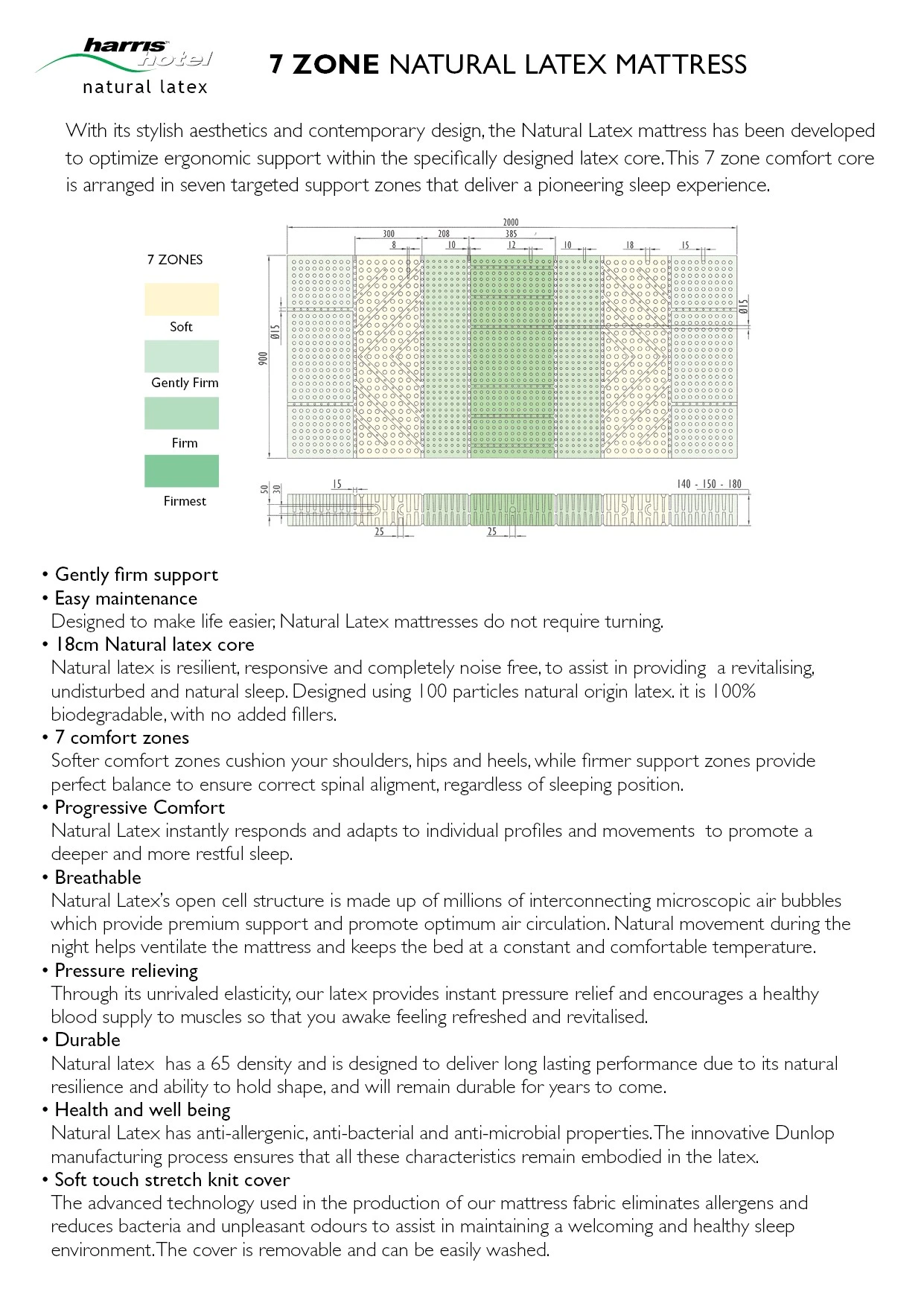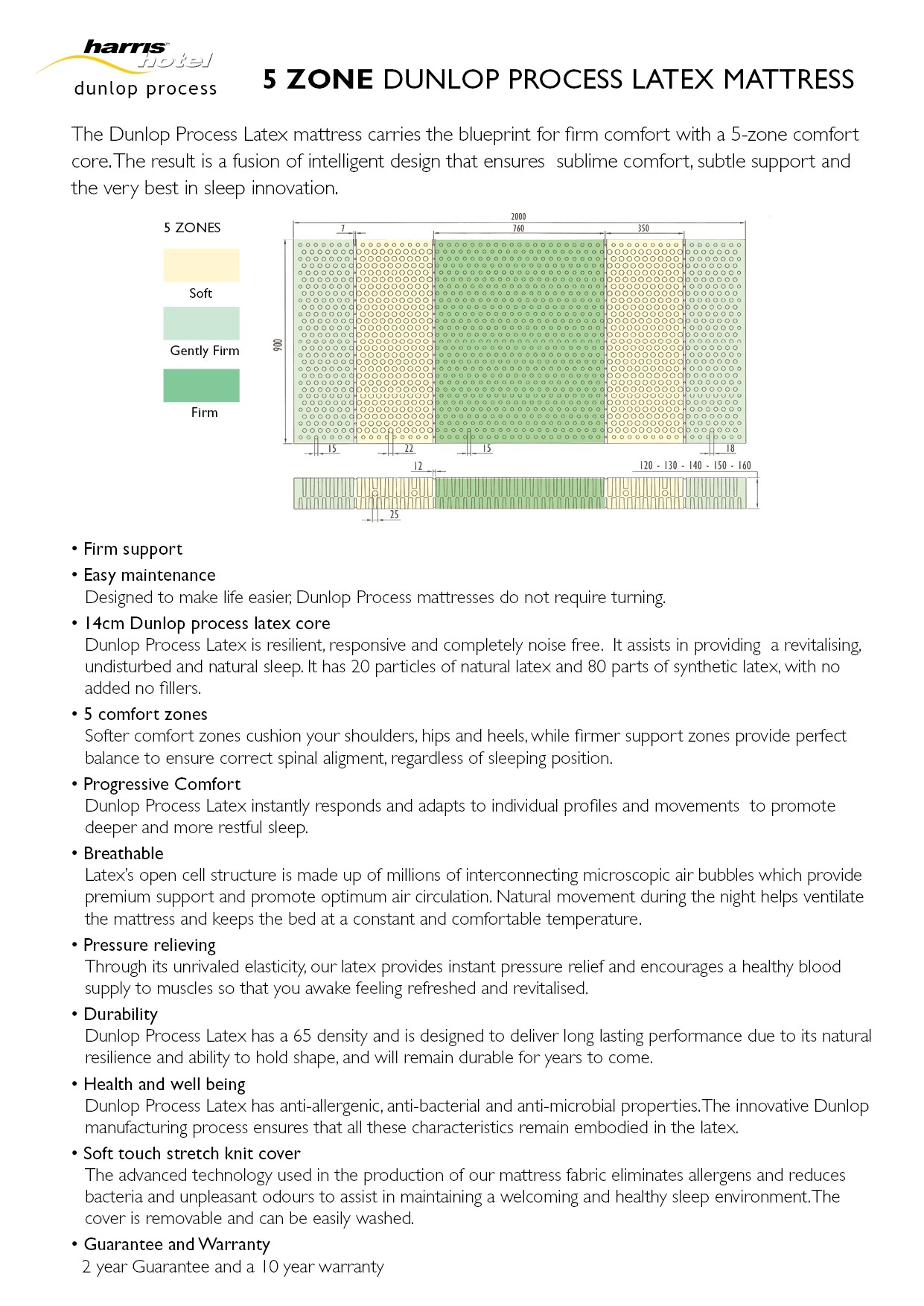If you’ve slept beside someone who snores chronically, you’ll know that there’s very little actual sleep involved. And while the slumbering bed partner may awaken with bright eyes and a bushy tail, he might be surprised to find puffy, blood-shot eyes shooting daggers at him.
There’s loads of advice on how to stop snoring, but it may be worthwhile to first understand the four major reasons that cause snoring in the first place.
The Nasal Snorer
Having a blocked nose or congested nasal passageways will cause or aggravate snoring at night. It could be the result of flu or allergies, a previously broken nose, or a deviated septum. (the bone and cartilage between the two nostrils becomes bent)
Here are some suggestions on how to stop snoring of this kind:
- To address allergies in the bedroom, be sure that your mattress, pillows and linen are free of dust and allergens. Consider a hypoallergenic mattress and a mattress protection sheet, and wash your linen regularly.
- If you’re a smoker, this may be aggravating your snoring – consider throwing your fags away for good, or smoking less at bedtime.
- Using a nasal rinse before sleep has proven helpful to many, as it flushes the sinuses, and clears out allergens.
- In the case of a broken nose or deviated septum, you may need to undergo surgery to have it rectified. You have our deepest sympathies.
The Mouth Snorer
As the title might suggest, mouth snoring occurs in those who breathe exclusively through their mouths while sleeping. You may suffer from this if you sleep on your back, and as the body relaxes, your jaw relaxes and your mouth falls wide open. Not very flattering, and not very quiet either – the mouth palate and back of the tongue relax into the throat cavity and you start rumbling the night away.
- Basically, you need to sleep on your side. You may want to try a body pillow, which supports your back and prevents you from rolling onto your back.
- Also ensure that you have the right pillow to support you sleeping on your side – if your neck is well-supported, you’re less likely to loll back too.
The Tongue Snorer
Sometimes confused with mouth snoring, tongue snoring occurs when you’re dead tired, falling asleep on your back, and your tongue relaxes into the throat. This can occur with your mouth open, or closed. Tongue snoring is common in heavy drinkers, people who rely on sleeping pills or antihistamines, and in those who suffer from obesity. For these reasons, it can be trickier to remedy:
- As with mouth snoring, you’re safer sleeping on your side – ensure that your mattress isn’t too soft, as this affects the angle of your neck, and also try a body pillow to prevent rolling over.
- Try having a few less dops at night, and drink a generous glass of water before bed to help flush alcohol from your body faster. You’ll thank us in the morning too!
Sleep Apnea
Also called ‘throat snoring’, sleep apnea is a more dangerous medical condition that occurs where the sleeper temporarily stops breathing for more than 10 seconds at a time. In serious cases, sufferers can stop breathing every 4 minutes, waking up with a snort and jolt each time.
Sleep apnea is caused either when the brain fails to signal to the lung muscles to continue breathing, or when the muscles and trachea around the throat relax so severely that air passages are completely cut off.
If you think you’re suffering from sleep apnea, we recommend that you visit a medical specialist to have it checked out. Sleep apnea increases the risks of chronic fatigue, high blood pressure, unstable mood, stroke, heart attack, and is even linked to the onset of diabetes.
You’re Welcome
We hope that these tips on how to stop snoring will help you to get a good night’s sleep. More so, we hope that they save your marriage and prevent you from being smothered to death while you snore!
We’re a beehive of great sleeping advice – if you have any other questions relating to sleep or how your mattress and pillows could be affecting you, please feel free to get in touch right now!












